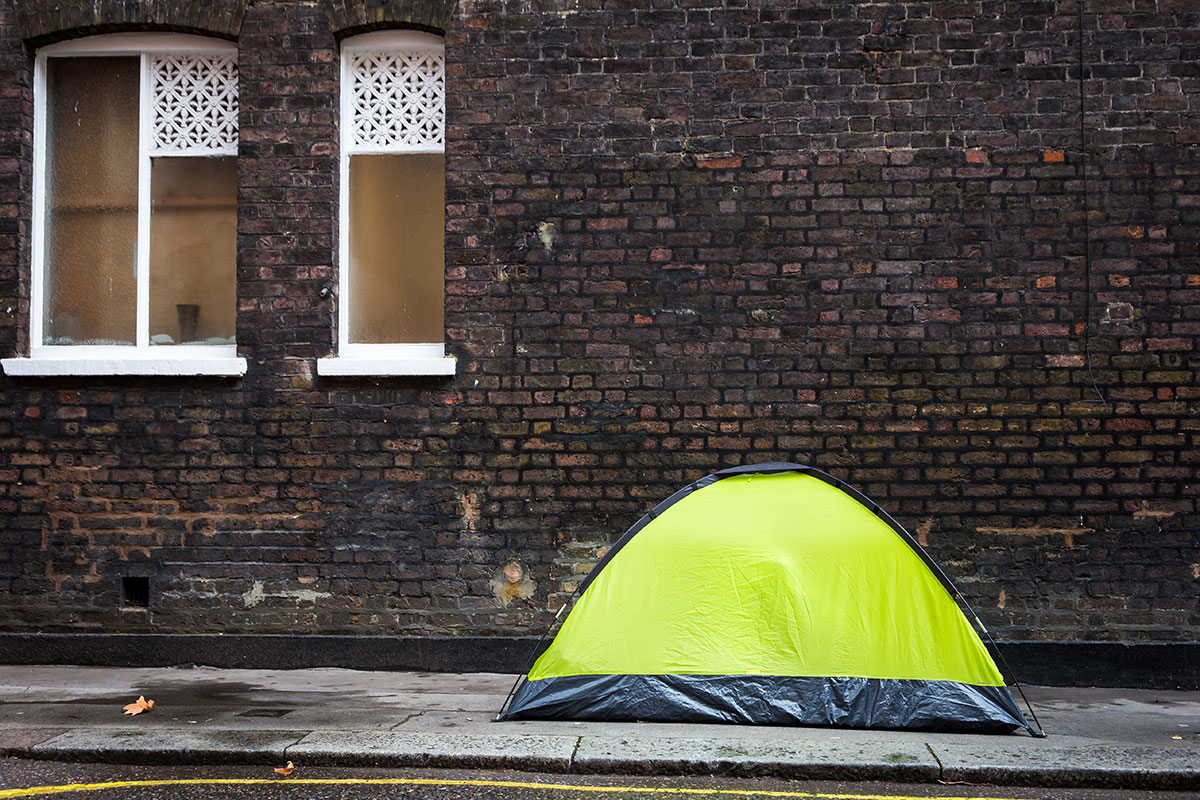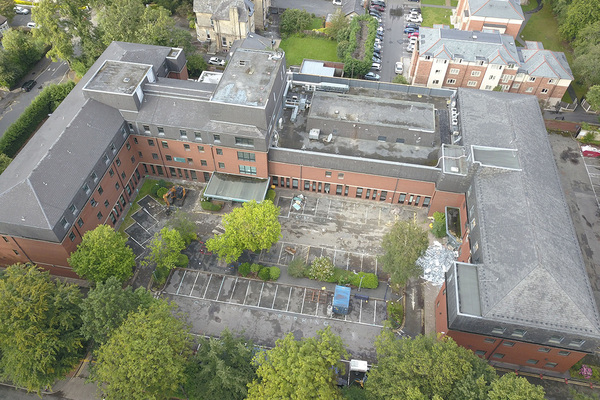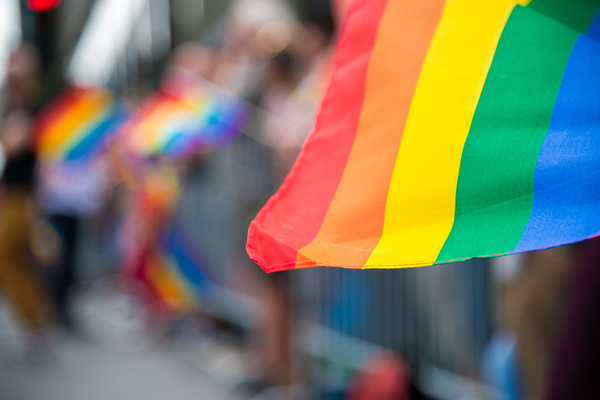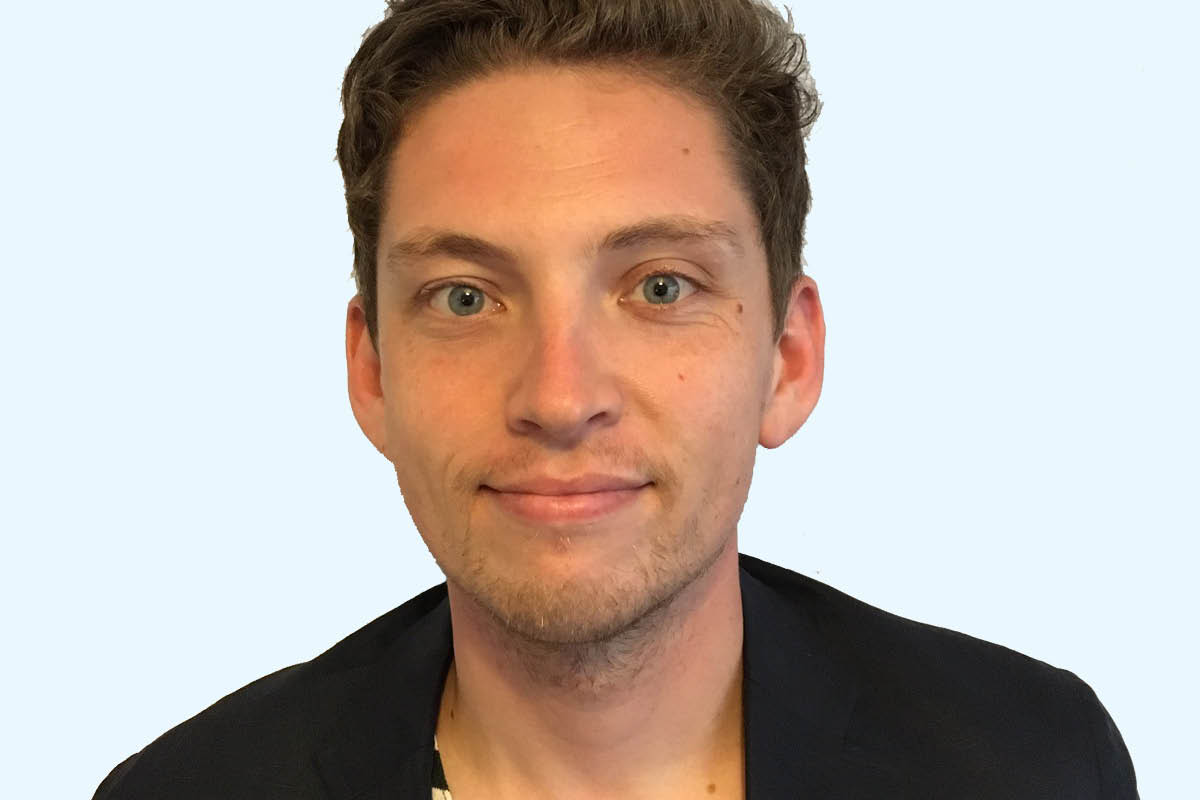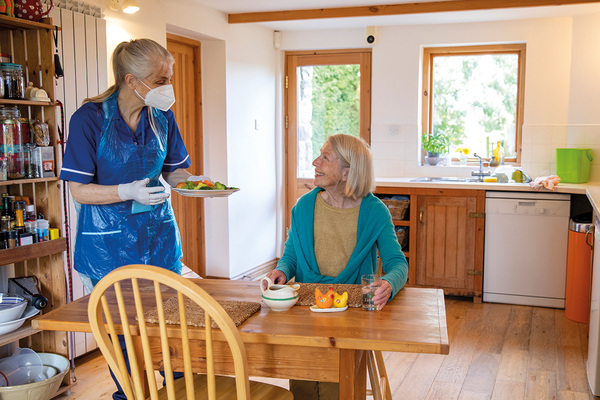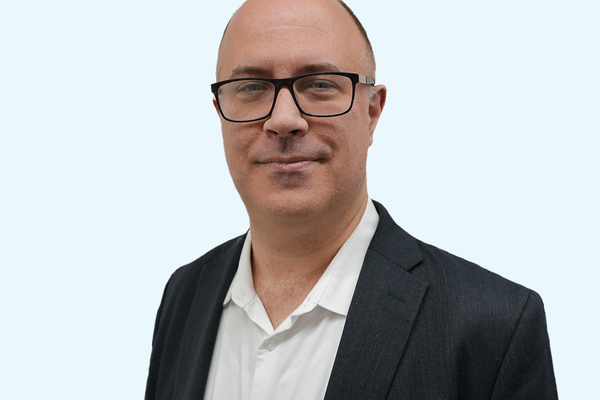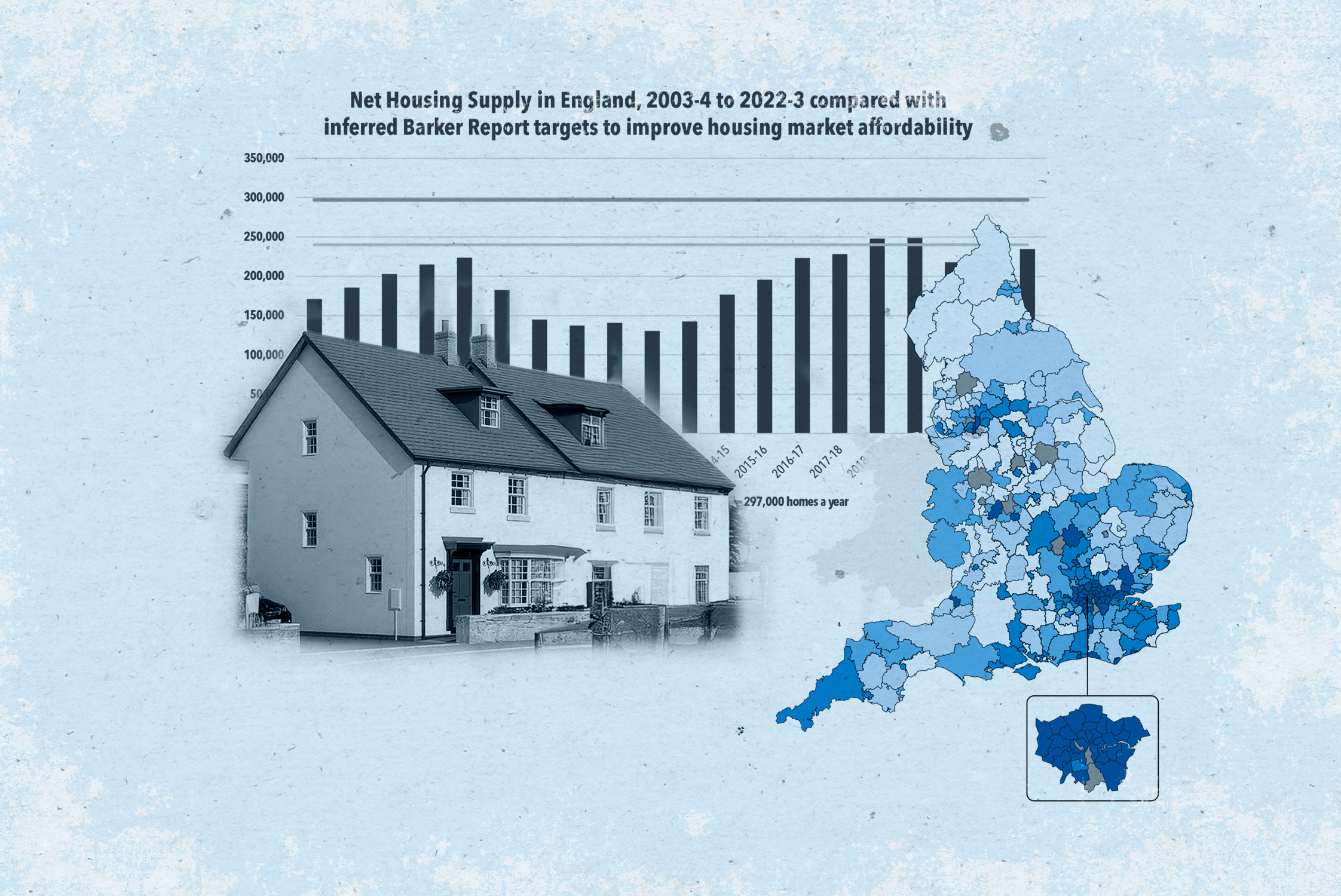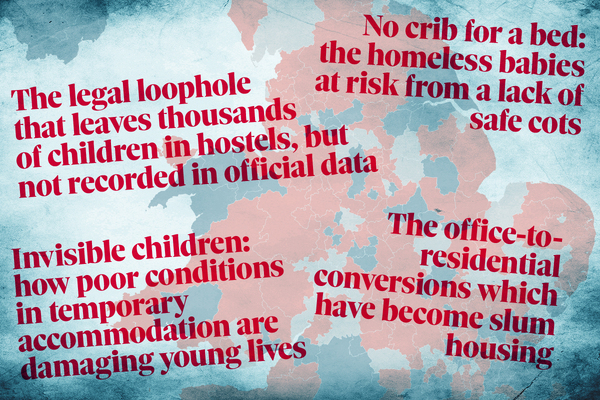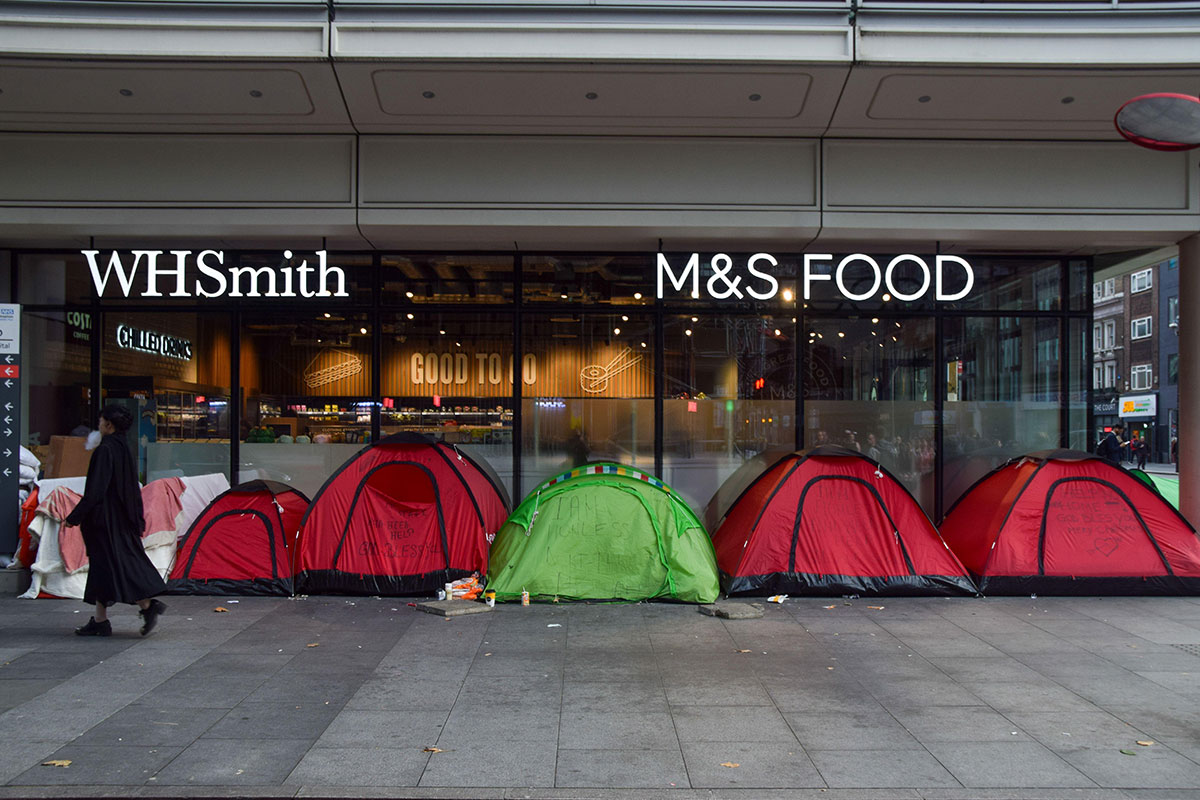You are viewing 1 of your 1 free articles
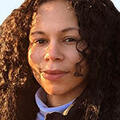
LGBTQ+ homeless people face increased risk. We are committed to helping them
Despite being over-represented in the homeless population, there is a shortage of specialist support. Collaborative work with organisations like us can help meet this need, writes Bex Shorunke
LGBTQ+ young people account for 24% of the youth homelessness population across the UK, meaning they are over-represented within this demographic. Yet, in Manchester, where hundreds of LGBTQ+ young people are at risk of homelessness each year, there is only a very limited number of beds to house them.
The lack of infrastructure and support in place for LGBTQ+ young people drives many to sleep rough.
However, the increased vulnerability and exposure to violence and exploitation that can come with sleeping rough force many LGBTQ+ young people into more transient or hidden forms of homelessness, including sofa surfing, sleeping in bus shelters, using gay saunas and resorting to hook-up apps.
In response to these rising rates of LGBTQ+ homelessness, The Riverside Housing Project was launched earlier this year in Manchester city centre, as part of Greater Manchester mayor Andy Burnham’s A Bed Every Night scheme. The supported accommodation provides short-term housing for homeless LGBTQ+ people aged 18 and over, with an emphasis on creating a safe space for the community that is free from discrimination.
Homophobic hate crime in the UK trebled between 2015 and 2020, and in that time it rose by 19% in Manchester alone. A safe space for vulnerable LGBTQ+ people has never been more critical.
Too often, rejection and discrimination disrupt the coming-of-age experience for LGBTQ+ young people. According to The LGBTQ+ Youth Homelessness Report, 2021 research published by AKT, 77% of the young people who are referred to our services cite familial rejection as the reason for their homelessness, and 50% feared expressing their LGBTQ+ identity would lead to being evicted from home. Once homeless, just 13% felt supported by their parents and over half (59%) of LGBTQ+ young people had experienced discrimination or harassment while accessing a support service.
This is why, 32 years after AKT’s formation, the work being done is ever more important. AKT supports and fights for the rights of LGBTQ+ young people facing homelessness, abuse or living in a hostile environment.
The charity was born out of the activism of its founder, Cathy Hall, in Manchester in 1989. It has since grown to establish service centres and youth spaces in London, Bristol and Newcastle.
Unsurprisingly, the pandemic exacerbated the factors driving LGBTQ+ youth homelessness, including poor mental health and financial difficulty. Between 2020 and 2021, we saw a 71% increase in young people accessing AKT nationally. In Greater Manchester, in particular, we saw a significant rise in footfall.
In order to meet this rise in demand and expand on the charity’s offer to LGBTQ+ young people in the North West, AKT opened its doors to a new services centre and youth space on 25 August.
The new centre and youth space will provide specialist housing support, emergency accommodation, education and employment training, host and mentor programmes, and peer-to-peer support. And, like The Riverside Housing Project, it will provide a communal safe space for LGBTQ+ young people.
The centre is part of Mr Burnham’s wider strategy to address general and specific forms of homelessness by ensuring crisis support is made available to those who need it, and preventative measures are put in place to minimise the lasting impact of homelessness.
The youth space and services centre is a welcome step in the journey to tackling homelessness in Greater Manchester and an exciting next step for AKT. It is only through the joined-up efforts of specialist organisations like AKT, with government and led by those with lived experience, that we can hope to drastically improve the life outcomes of LGBTQ+ young people facing homelessness in the region.
Bex Shorunke, senior media officer, AKT
Sign up for our care and support bulletin
Already have an account? Click here to manage your newsletters
